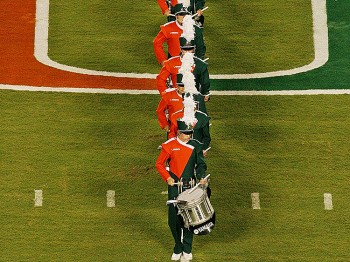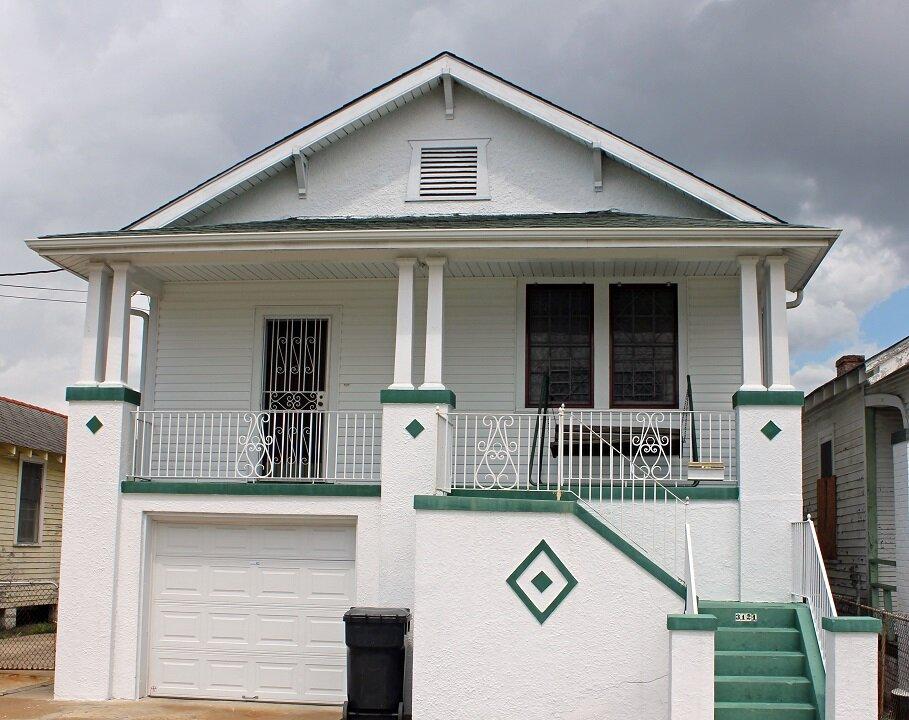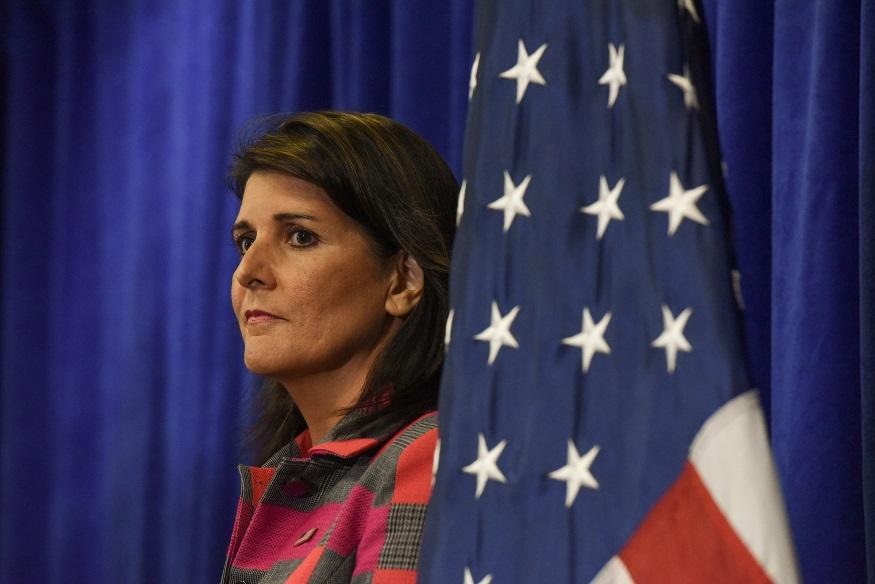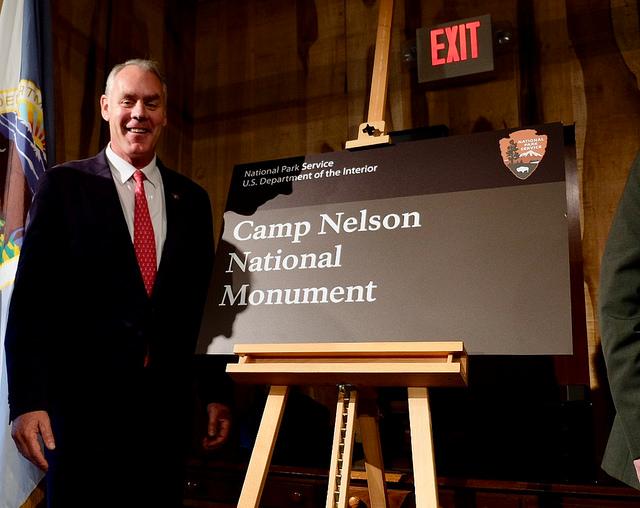Just weeks before the University of Miami football team takes the field for its first game, it will face the biggest battle in the school’s history. It is not against a fellow Florida team on the gridiron, but rather against the NCAA.
On Tuesday evening, Yahoo Sports published an article alleging that 72 University of Miami players had been paid by a booster dating back to 2002. The allegations have rocked the college football world and blew the lid off the ugly truths of how college athletes are treated.
The former booster, Nevin Shapiro, is currently in federal prison for his role in the $930 million Ponzi scheme. Shapiro gave jailhouse interviews as well as releasing financial, cell phone, and bankruptcy records to back up his claim.
The claims in the Yahoo article are only allegations as the NCAA has not officially ruled against the University of Miami. The NCAA has, however, been looking into it, according to NCAA President Mark Emmert.
Emmert went on ESPN’s Mike and Mike in the Morning show on Wednesday morning and said, “This case is one that we have been working for around five months. We were well aware of it and not surprised by the sensational media coverage. We have been on top of it for a while, gathering information, collecting data and we will continue that process and work its course.”
He went on to say that typically these investigations drag on for months, noting that the investigation into USC regarding Reggie Bush lasted almost two years. He declined to comment on any specifics regarding what the NCAA had already found, or speculate on what the penalty might be.
The NCAA investigation is not yet complete, but people are already speculating what the punishment might be. Due to the severity of the allegations, the debate has already included the “death penalty.”
According to the NCAA website, the term “death penalty” is a term coined by the media, not something the NCAA formally uses. Schools given the “death penalty” are banned from participating in a sport for at least one year. This harshest of penalties is only handed down when a school repeatedly violates NCAA rules, specifically within a five-year period. The violations can take place across multiple sports.
The most famous “death penalty” case involved the SMU football program. The NCAA opened up an investigation after evidence surfaced that players may have been paid to play, a major violation for student-athletes. The SMU Mustangs were already on probation for other rules violations.
On Tuesday evening, Yahoo Sports published an article alleging that 72 University of Miami players had been paid by a booster dating back to 2002. The allegations have rocked the college football world and blew the lid off the ugly truths of how college athletes are treated.
The former booster, Nevin Shapiro, is currently in federal prison for his role in the $930 million Ponzi scheme. Shapiro gave jailhouse interviews as well as releasing financial, cell phone, and bankruptcy records to back up his claim.
The claims in the Yahoo article are only allegations as the NCAA has not officially ruled against the University of Miami. The NCAA has, however, been looking into it, according to NCAA President Mark Emmert.
Emmert went on ESPN’s Mike and Mike in the Morning show on Wednesday morning and said, “This case is one that we have been working for around five months. We were well aware of it and not surprised by the sensational media coverage. We have been on top of it for a while, gathering information, collecting data and we will continue that process and work its course.”
He went on to say that typically these investigations drag on for months, noting that the investigation into USC regarding Reggie Bush lasted almost two years. He declined to comment on any specifics regarding what the NCAA had already found, or speculate on what the penalty might be.
Death Penalty
The NCAA investigation is not yet complete, but people are already speculating what the punishment might be. Due to the severity of the allegations, the debate has already included the “death penalty.”
According to the NCAA website, the term “death penalty” is a term coined by the media, not something the NCAA formally uses. Schools given the “death penalty” are banned from participating in a sport for at least one year. This harshest of penalties is only handed down when a school repeatedly violates NCAA rules, specifically within a five-year period. The violations can take place across multiple sports.
The most famous “death penalty” case involved the SMU football program. The NCAA opened up an investigation after evidence surfaced that players may have been paid to play, a major violation for student-athletes. The SMU Mustangs were already on probation for other rules violations.







